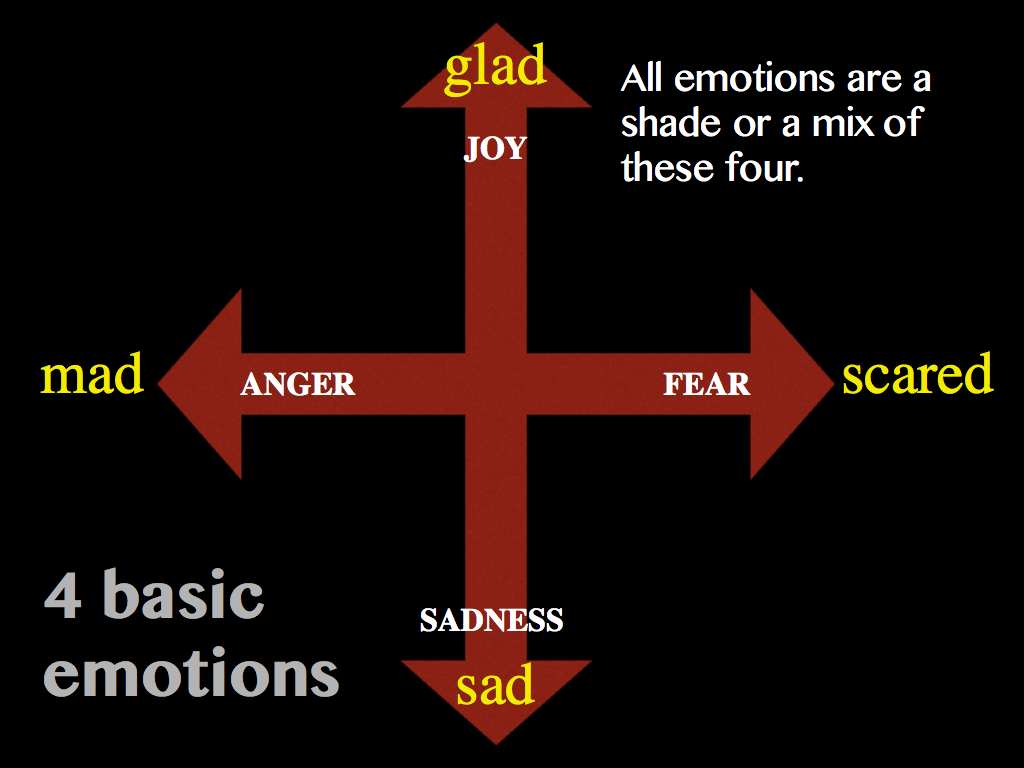
What’s so remarkable
about the Cleansing of the Temple
is that it comes as part
of a whole series of events
that shows our Lord
experiencing the entire range
of human emotions.
It all begins
with his Entry into Jerusalem
and ends with his encounter
with the Jews in the Temple.
When he entered Jerusalem,
he was welcomed by the crowds
with shouts of “Hosanna!”
(Matthew 21:1ff; Mark 11:1ff;
Luke 19:29ff)
As he received the people’s welcome,
which he perceived as a confirmation of his call,
our Lord must have experienced JOY.
In Luke’s account, before the Cleansing of the Temple,
Jesus beheld the city of Jerusalem from a distance
and was overcome with such SADNESS
that he wept as he foresaw
the destruction of the holy city (Luke 19: 41-44).

We have already seen how our Lord entered the Temple
when he reached Jerusalem
and the ANGER he felt at the corruption prevailing there
(Matthew 21:12ff; Mark 11:15ff; Luke 19:45ff; John 2:14ff).

And finally, as a consequence particularly of his action in the Temple,
the chief priests and scribes grew more determined than ever
to destroy him (Mark 11:18; Luke 19:47).
Our Lord knew this, and
it is conceivable that Jesus must have felt some FEAR
even if he never allowed it to keep him
from doing his work.
In just a matter of few hours,
Jesus experienced the whole range of human emotions:
Joy, sadness, anger, and fear.
Our Lord was truly that human.
What is also interesting
is that today many psychologists recognize these emotions of Jesus
as our four basic emotions: glad, sad, mad, and scared.
It’s good to remember this
especially because we often confuse thoughts
and beliefs for feelings, as when we say,
“I feel that he is right,” when we’re, in fact,
expressing not an emotion, but a thought or belief.
All other feelings apart from these four
are really just a shade or mix of them.
For example, anxiety is a shade of fear.
Hurt is a mix of sadness and anger,
just as surprise is a combination of gladness and fear.
What about when we feel both glad and mad?
There is a German term called “Schadenfreude”
which might just fit the bill: It means to be happy
over the misfortune of others,
especially when we are angry at that person.
It is very important for us to be aware of our feelings,
and to be able to name them so we can manage them.
How are you feeling right now?
If you had to choose from among the four emotions
to describe how you are feeling,
which one would you choose?

